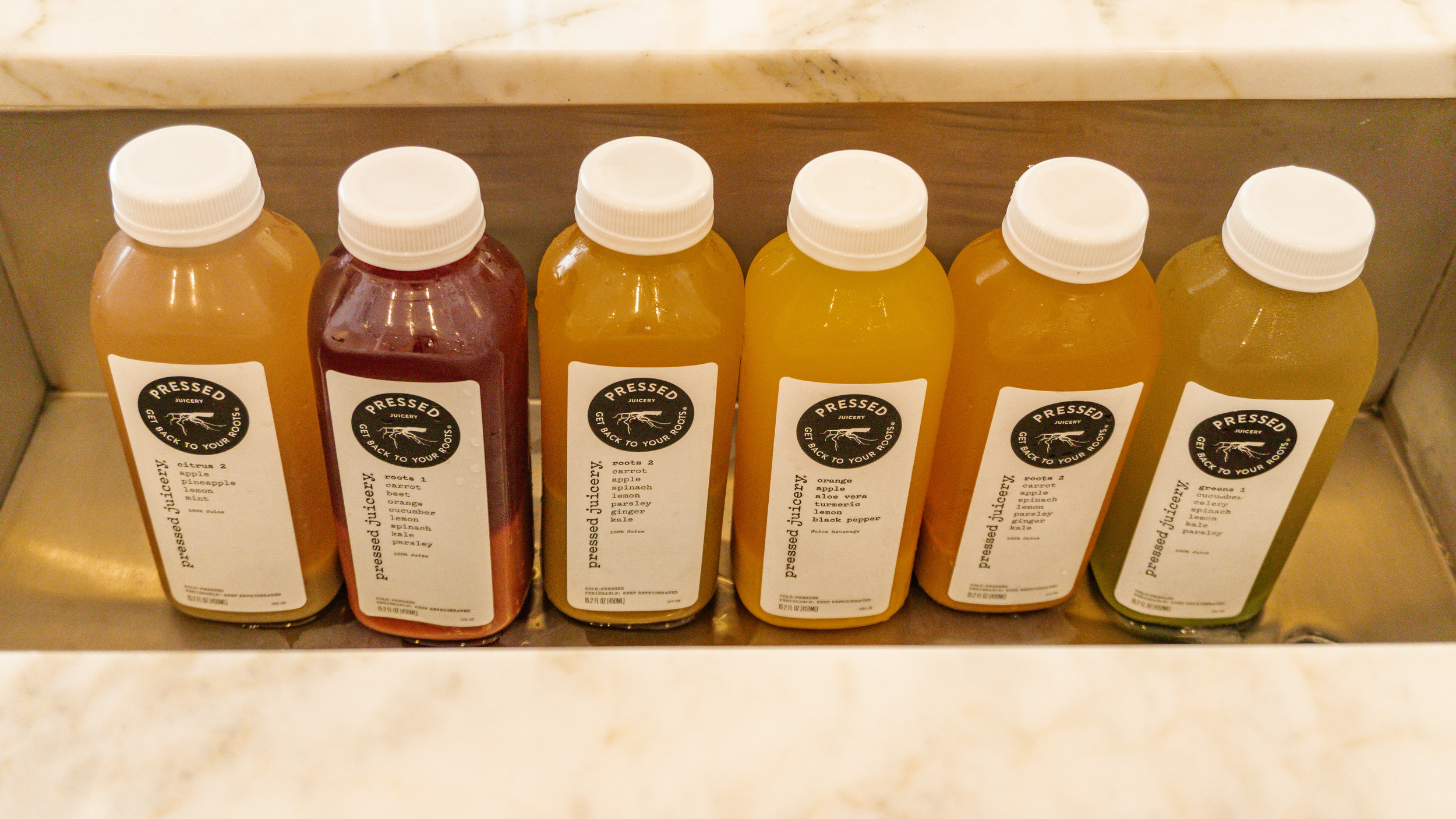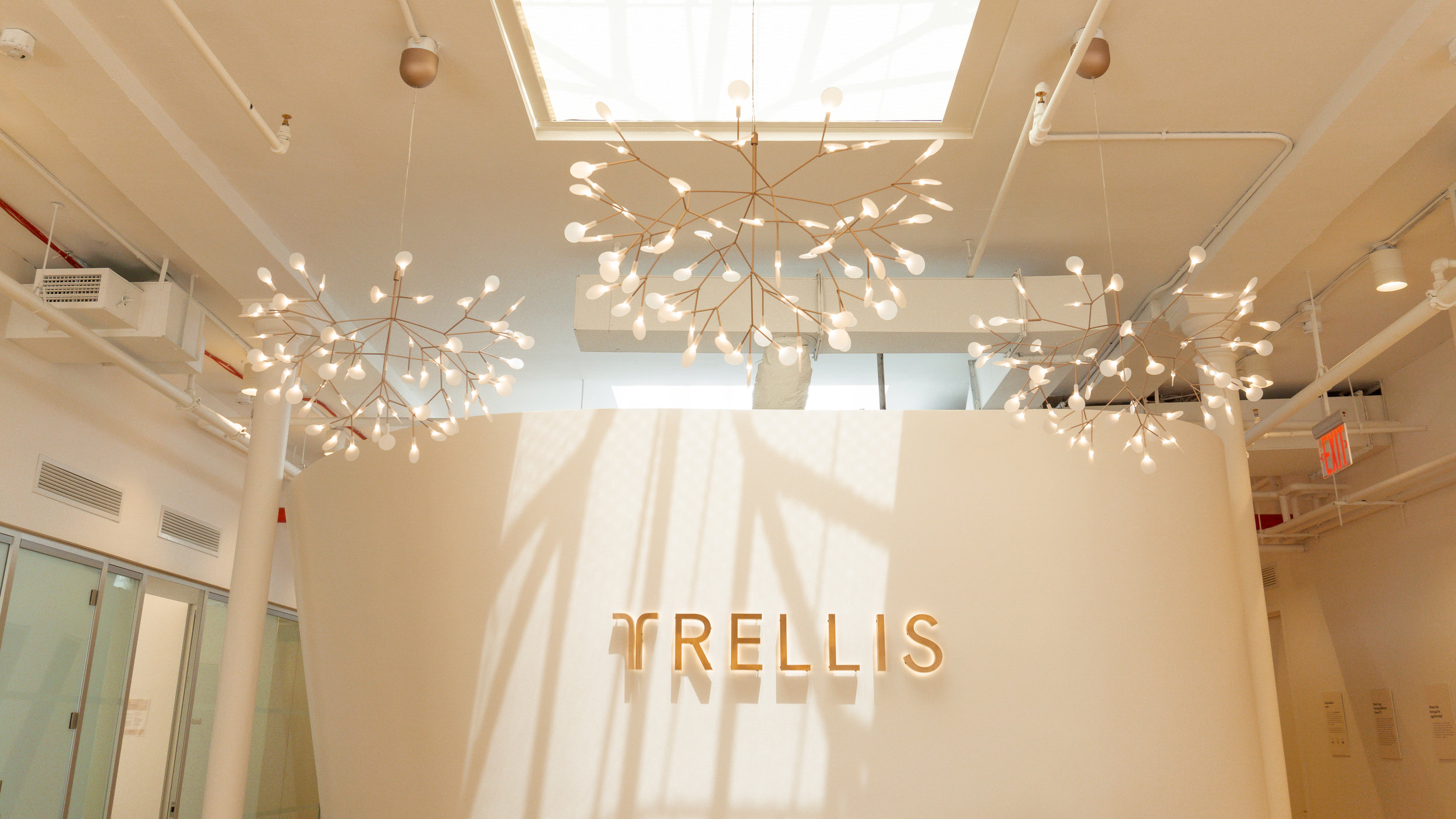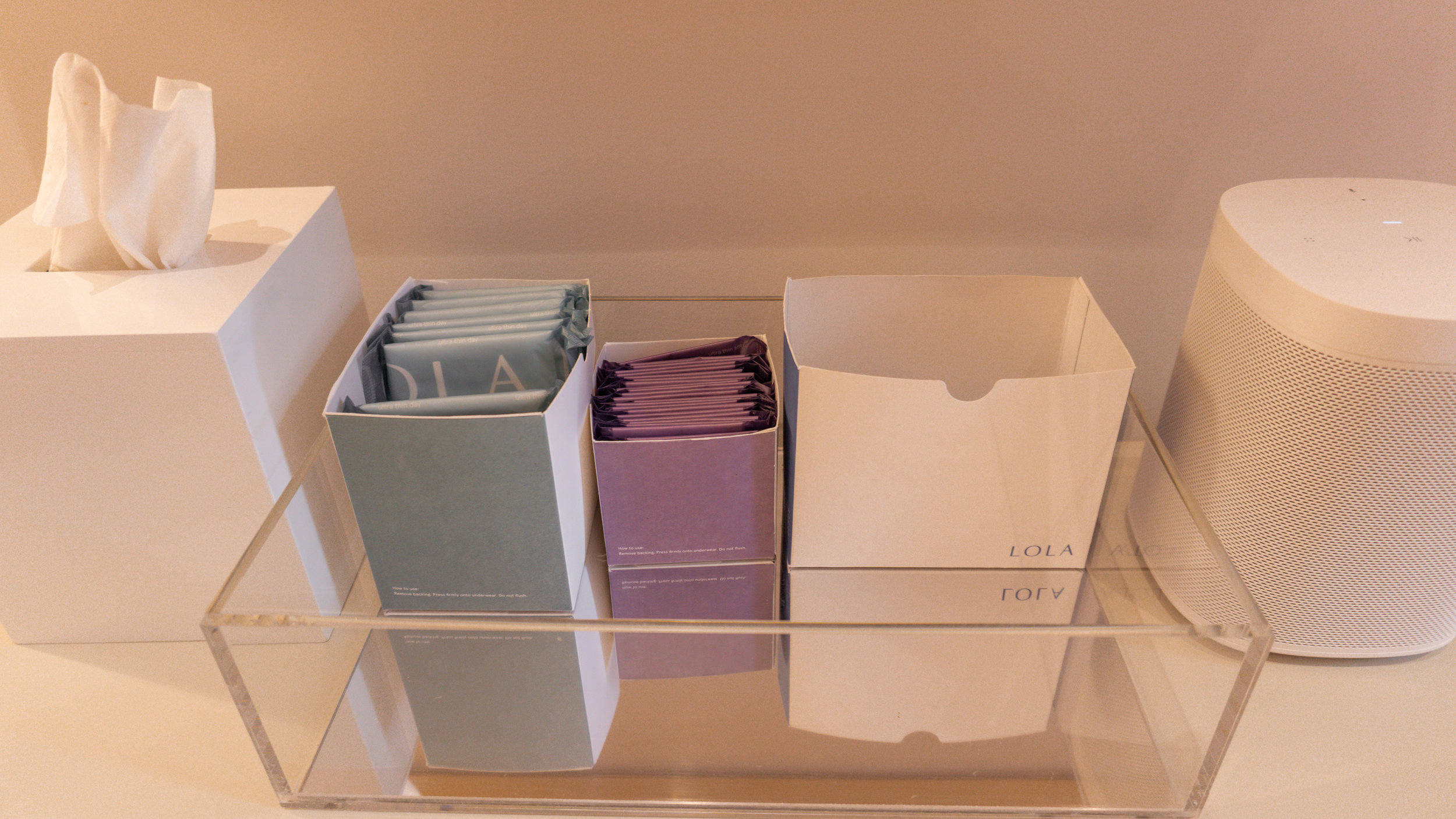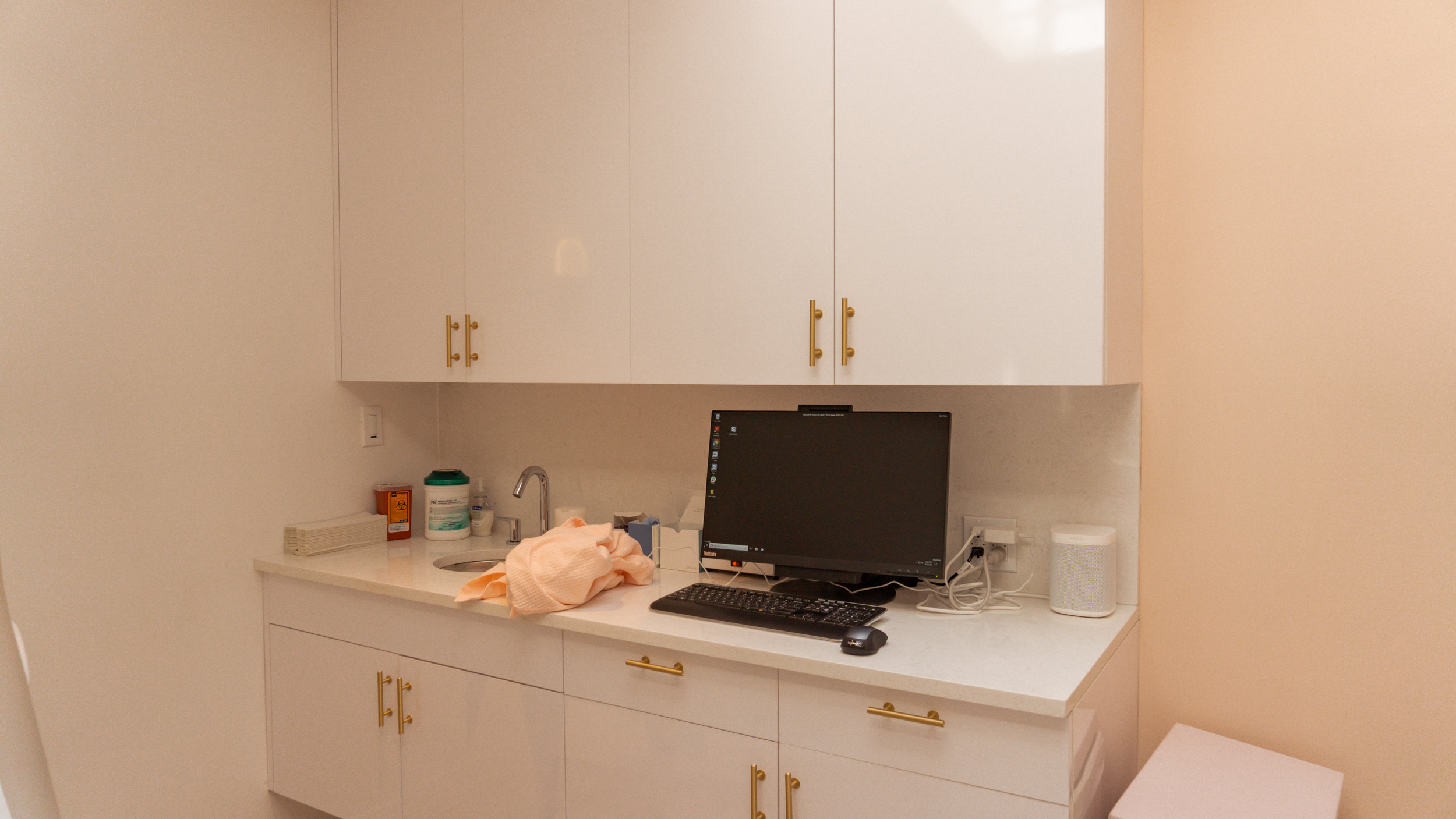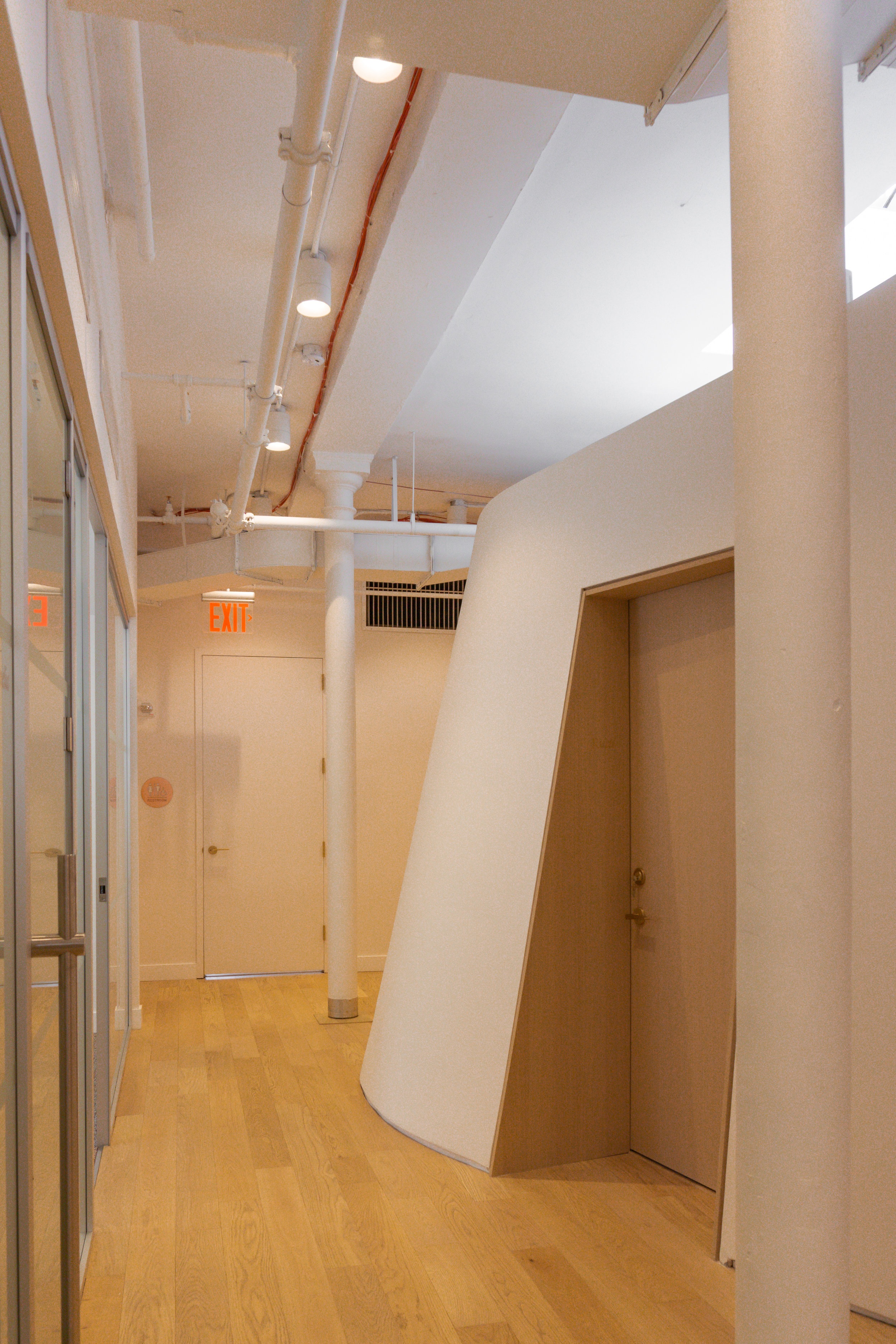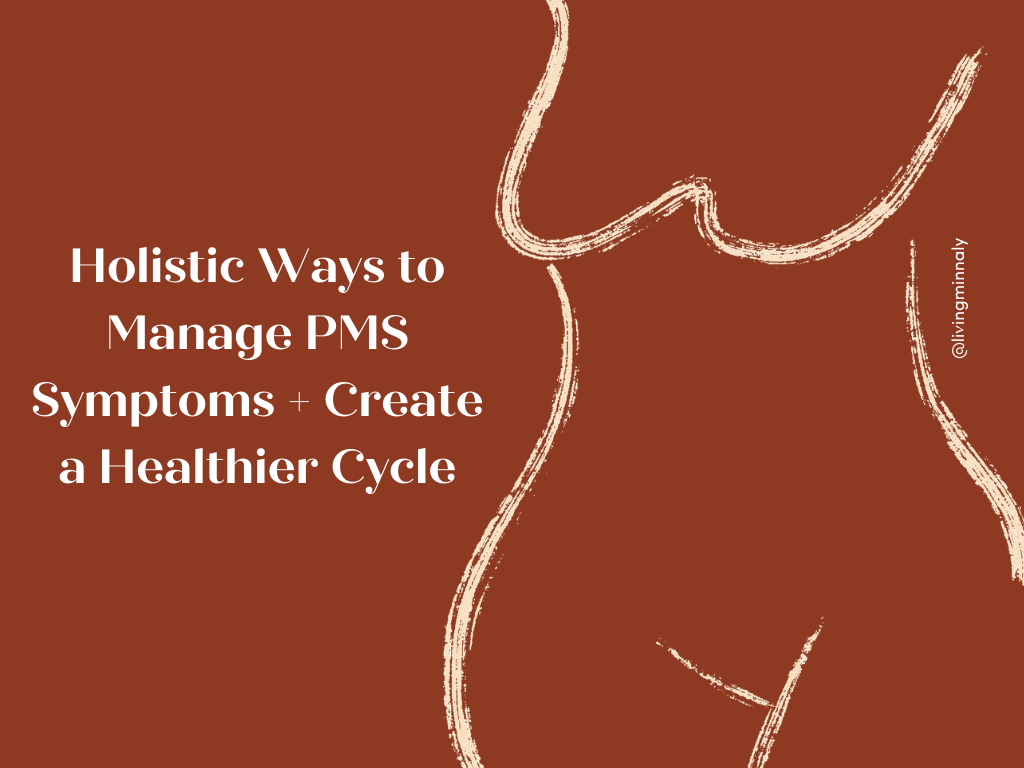What You Need to Know About Fertility Testing + Egg-Freezing
When the process of egg-freezing first started circulating around the media as an option for women, it seemed to me that it was an option mostly catered to women in their mid-30’s who were either not yet ready to have a baby but wanted the option for later, or who hadn’t found the person they wanted to parent with (if they didn’t want to parent solo). This notion I think unfortunately birthed the notion that egg-freezing wasn’t something to seriously look into unless I was in my mid-30’s and things weren’t leaning in the baby-making direction yet, whether I was single or not.
Here’s where I’m ironically grateful for the kick in the butt my Hashimoto’s (autoimmune disease) gave me.
Not only did all the hormonal chaos it caused force me to actually learn about my menstrual + reproductive health (my post all about it here), but it made me think about my health with the bigger picture in mind. While I’m in a stage of my life right now where I’m not yet sure if kids are something I want, I do know that I want as many options available to me (…as I am with all things in life🤣#libra).
The reality is— it is FRIGHTENING… when you don’t understand where you stand. While I know that I’m a bit of an anomaly in that I prefer to know as much medical information/results about myself, even I was apprehensive about learning the prognosis of my fertility options, due to the effects of all the hormonal issues in my body. The potential of being handed not-so-great news about your health and options doesn’t come without fear— so I don’t blame anyone for wanting to skirt getting tested to see where they stand with their fertility.
I know there is so much confusion around what fertility even means, the cost of egg-freezing, who is eligible, when is best to freeze your eggs, what the process entails, etc. It can all be overwhelming enough to be like, “I’ll deal with this later.”
BUT! I hope this post + video shines some new light on the topic and makes you feel empowered to WANT to seek out your options sooner rather than later. Because this part is actually WAY more simple to do and far less confusing than you might expect— and timing is indeed a very important factor.
This is why I’m so excited to have partnered up with Trellis, a modern day women’s fertility studio, to create this blog post and video that will make YOU the most informed you can be about this process. I knew this was way too big of a topic involving a lot of medical information to tackle on my own, and I didn’t want to rely on the internet for facts and give you misinformation— so I’m sharing all the details I got straight from the doctors themselves! I am so relieved that a studio like this exists for women like myself, who want no BS (they are completely transparent about their pricing options), offer a personalized experience 1-on-1 with their team throughout the entire process, a place that feels more like a Pinterest home rather than a sterile medical office, and doctors that really care without judgement. I already have a soft spot in my heart for Dr. O (Dr. Sergio Oehninger, a Reproductive Endocrinologist), after spending 20 minutes with him going over my labwork and me grilling him with all the questions you guys sent my way via Instagram haha!
Make sure to watch the video below to get the full experience of how my visit went at Trellis (and my honest thoughts about the process + where I stand now)— then right after that are allllll the questions you asked about fertility and egg-freezing with everything answered!
DISCLAIMER: I am not a medical professional and none of this information below should be construed as medical advice prescribed to you. All this information is gathered from medical providers websites and during my personal consultation at Trellis to spread general awareness about women’s health and fertility education. Please consult your doctor for your medical advice.
Jump to:
ON FERTILITY
What does fertility testing entail?
What can fertility testing actually tell you?
When should I get my fertility testing done?
When does my fertility decline?
How often should you re-test your fertility?
For people w/hormonal health issues like PCOS, how is fertility impacted?
Are there things you can do to support your fertility?
ON EGG-FREEZING
What is the difference between egg-freezing and IVF?
What age is the best to freeze your eggs? How old is too old to freeze your eggs?
Do I make eggs every month? If I freeze them, will you take all my eggs?
Can you tell the health of your eggs i.e. chromosomal abnormalities, etc?
What is the egg-freezing process like?
Are there side effects of the egg-freezing process?
Will freezing my eggs impact my future fertility or ability to carry?
How much does all of this cost? Do insurances or employers or cover any of it?
ON USING YOUR EGGS/STORAGE
If / when I’m ready to use my eggs, what is the process?
Can I be too old to use my eggs I’ve frozen?
How does storage work— how long do your eggs last when frozen?
ON FERTILITY
What does fertility testing entail?
A simple blood test to check your AMH (Anti-Müllerian hormone) levels and a vaginal ultrasound to check your antral follicle count. Trellis uses both of these methods, as they are the most effective ways of determining the fertility factors that matter.
AMH (Anti-Müllerian hormone) is one of the best indicators of ovarian reserve (how many eggs you have). This hormone is produced by the ovarian follicles. A higher level of AMH in your blood indicates a higher number of eggs in your ovaries. Your AMH naturally declines as you age (as you lose eggs each menstrual cycle), BUT a higher AMH does not necessarily mean good and a lower AMH does not mean bad. AMH levels can’t tell you about the QUALITY of your eggs, just quantity; also, people with conditions such as PCOS can have high levels of AMH but issues ovulating (therefore difficulty conceiving).
Antral Follicle Count is another way to measure ovarian reserve, in terms of potential response to hyperstimulation done for egg retrieval (to freeze). This is evaluated via a transvaginal ultrasound, through which you can measure the size of your developing follicles in your ovaries as well as the quantity of them. Follicles are the structures that have an egg inside. They look like circles on the ultrasound screen, and small standard follicles will measure around 5mm. Bigger follicles that are close to ovulation or stimulated for egg retrieval (if you’re freezing your eggs / doing IVF) can measure around 20mm in size each.
An important disclaimer here, neither of these tests can tell you if you can conceive naturally. The only way to do that is to TRY. However, these are great to make sure everything’s looking good for your age and also, if you’re thinking about going through egg freezing (or even IVF), it will be a good indicator to your fertility specialist how your body will react to medication.
What can fertility testing actually tell you?
Fertility testing can tell you about the QUANTITY of ovarian reserve, but not the QUALITY of your eggs. Women are typically born with about 2 million eggs— you’re born with all the eggs you’ll ever have. That reserve reduces over time and age, which is why fertility testing is so helpful to better understand where you stand because it can vary for each person.
When should I get my fertility testing done?
Here is probably the most frequently asked question, and the answer is as soon as you can!
The reason being that your fertility naturally does decline with age; so while there are general estimates of ovarian reserve for different age categories that apply to the majority of women, there is no way of knowing how fast ovarian reserve or quality declines on an individual basis. So while you could be a healthy 24 year old that should have a pretty high ovarian reserve, it may not be the case— due to factors like being born with a smaller ovarian reserve (most women are born with around 2 million eggs) or simply that your body has lost eggs faster than anticipated. There aren’t any proven factors yet on what would cause this (so no way to predict it), so ultimately the best thing you can do for yourself is to get tested EARLY so you know where you stand!
You can easily get your AMH tested with your general doctor, and a transvaginal ultrasound with your regular OB/GYN too, so you don’t need to go to a specialty clinic if there isn’t one near you!
When does my fertility decline?
The quantity and quality of your eggs start declining from the moment you are born. Your peak reproductive years, however, are between the ages of 16-23. For most women, we start to see larger declines in your fertility beginning at age 32, then the rate of decline accelerates in your mid-30’s. It is important to note that this means both your quantity AND quality are affected by age. According to ACOG, by age 44, it becomes very difficult for a woman to conceive, even with advanced treatments like IVF.
This is why testing is so important to do as early as possible— because while these statistics can give us a general overview of rate of decline by age, it’s not possible to tell for certain how fast the process will be for you, personally.
How often should you re-test your fertility?
This is more subjective, so you can really test as often as you like, depending on what your fertility and financial status is like. Factors to keep in mind are your current results (if they generally align with what is average for your age range), what age/point you’re at in the natural decline of ovarian reserve, and if you are planning to freeze your eggs sooner than later. So if you’re like me (I’m 29), I plan on getting tested again in about 2 years when I’m 31 to see if my ovarian reserve is keeping steady with what is expected for my age and so I can know if I want to start prioritizing saving up to finance the egg-freezing process.
For people with hormonal health issues like PCOS and autoimmune disease, how is fertility impacted?
Of course this was the thing I was most nervous about with my Hashimoto’s, but it really depends! As mentioned in the explanation of AMH, people with PCOS can actually have a higher AMH + follicle count, but can encounter trouble maturing those follicles and ovulating; however, egg-freezing / retrieval is a controlled process with hormones administered to stimulate maturation of the follicles, so typically it is not any more difficult to undergo the egg-freezing process.
Remember though that fertility means multiple things— it’s not just about producing eggs for fertilization, but also conceiving should you choose to use your eggs to get pregnant. There are no tests known yet to predict your chances of carrying a pregnancy, other than making sure your uterus, fallopian tubes, and general health look good and well.
For me personally, I currently am on par with what is expected for my age in terms of fertility, so it doesn’t seem like it has had much impact thus far. Keep in mind that I maintain a pretty healthy lifestyle overall, which brings me to…
Are there things you can do to support fertility?
There aren’t yet any proven studies showing certain lifestyle factors having a drastic impact on fertility, but leading a healthy lifestyle of eating nutritious foods, exercising regularly, managing sleep + stress, no smoking and limited alcohol intake are all the best things you can do to support your general health, therefore fertility health. This applies to both women AND men!
ON EGG FREEZING
What is the difference between egg freezing and IVF?
Egg-freezing only retrieves mature eggs to freeze and store for future use. IVF is the process of using eggs that are either previously frozen or freshly retrieved to be fertilized with sperm to create an embryo that is then to be implanted in a uterus to hopefully create a pregnancy.
What age is the best to freeze your eggs? How old is too old to freeze your eggs?
As explained earlier with fertility, the peak age range to undergo the egg-freezing process is before 32 years old. While there’s not a specific age that is “too old,” to freeze your eggs, keep in mind that quantity and quality of eggs begin to sharply decline in your mid-30’s, so should you choose to proceed with egg-freezing around that age range, it may be a more challenging process (requiring more than 1 round of egg retrieval in a menstrual cycle to get the ideal # of eggs to freeze, more stimulation hormone medication). Dr. O says that this is his dilemma everyday, and it really depends on the individual and their medical history / status to determine this.
Typically, the earlier the better, as younger eggs tend to be of higher quality (healthier eggs that are more likely to survive the thawing + implantation process when used in the future) and higher quantity for easier retrieval. But of course, finances can be a factor, which is why testing to see your current status is so important so that you can plan ahead to set ballpark goals of when you might like to undergo the process.
Do I make eggs every month? If I freeze them, will you take all my eggs?
Your body doesn’t make eggs every month— a woman is born with all the eggs she’ll ever have. But with each menstrual cycle, some eggs mature for potential fertilization.
With egg-freezing, it is a specifically controlled process to stimulate the maturation of your eggs within a menstrual cycle for retrieval. All of your follicles that are stimulated within that cycle will be retrieved for freezing, which is ideally around 15-20 eggs. They don’t take all your eggs, and it doesn’t decrease the chances of getting pregnant naturally in the future!
Can you tell the health of your eggs i.e. chromosomal abnormalities, etc?
If you use your eggs to begin the process of fertilization to get pregnant, there is a biopsy test (PGS— pre-implantation genetic screening) that can be done prior to implantation during the blastocyst phase to test for chromosomal abnormalities.
At my age (29), Dr. O says about 80% of embryos are chromosomally normal and healthy. At age 40, 80% of embryos are chromosomally abnormal.
What is the egg-freezing process like?
You can jump here in my video to watch Dr. O explain this in-depth, but to explain an overview: Egg-retrieval is a very controlled process during your menstrual cycle.
Starting on the first day of your cycle, FSH (follicle-stimulating hormone, the natural same hormone produced by your own brain’s pituitary gland) is administered in doses to stimulate and grow the follicles with the eggs in your ovaries. When they are mature enough for retrieval (will measure about 20mm in size), the egg-retrieval procedure happens. General anesthesia is administered (you must be asleep because they are extracting such tiny matter that even the smallest movements can lead to losing the available eggs they want to retrieve), a needle is inserted through the vaginal wall to reach the ovaries to extract the eggs. The entire process is done in 15 minutes. You should have someone take you home that day to rest, but most women are fine to return to work and their usual daily routines the following day. Much simpler than I thought, that’s for sure!
Are there side effects of the egg-freezing process?
There are no side effects specific to the egg-freezing process, however as with all medical interventions, there is inherent risk, in addition to some symptoms when you’re going through the actual process.
For the hormonal injections (for egg retrieval), it’s the same hormone that your pituitary gland in your brain makes, so it’s not some foreign thing your body isn’t already used to. As the egg follicles grow to be big enough for retrieval, you can experience some discomfort. Bloating, tiredness and soreness are the most commonly reported symptoms since your follicles are growing to be about 20mm in size. There is rare risk called Ovarian Hyperstimulation Syndrome that can occur during this part of the process, but it can easily be avoided by properly monitoring the growth and size of the follicles throughout the process (which your doctor will already do). For the actual retrieval procedure, here are the usual risks that come with any general anesthesia for any medical procedure. There is a minimal risk of bleeding during the retrieval process, but Dr. O says he’s only had 1-2 cases of this out of the over a thousand procedures he’s performed.
Will freezing my eggs impact my future fertility or ability to carry?
Nope. You’re only retrieving your eggs from that specific cycle that you’re catering towards egg-retrieval, and not touching anything else.
How much does all this cost? Do insurances or employers cover any of it?
There are myths that it costs $30k to do this process, but it’s not nearly that high. Something I really appreciate and love about Trellis is that they are so transparent about pricing to the point where they proudly publish it on their website, rather than obscuring it— and they often do specials to make it more accessible for both testing and the actual egg-freezing process.
Some factors that will cause the price to vary, no matter where you go: how much medication you’ll need to stimulate follicle growth for retrieval (those with good AMH levels and of younger age will likely need less medication, but this is monitored and adjusted as needed during the stimulation period), how many cycles you may need to retrieve an ideal amount of eggs (older women will likely need more cycles), and storage fees.
As for insurance and employers— this is wildly variable. There are companies that do offer these perks to women (particularly tech companies / startup types), but this is something to discuss with your employer’s HR team—– and if you need help, Trellis has resources to help have those conversations! For insurance, it depends on what insurances your doctor’s office accepts and what kind you have. Blood testing for AMH and transvaginal ultrasounds can often be included in your annual GYN visits and coverage, depending on your insurance. Trellis does accept all major insurance providers that cover elective egg freezing and related services, including fertility coverage partners such as Progyny, Carrot and Maven. They can go over all this with you too to see what your specific benefits are!
ON USING YOUR EGGS / STORAGE
If / When I'm ready to use my eggs, what is the process?
To summarize: the eggs get thawed, fertilized with sperm, growing the embryos to blastocyst (takes about 5 days), at which point some will “arrest” (not make it, and usually those are unhealthy eggs), and then you transfer 1 or more to a uterus for implantation.
At each stage of the process, the numbers dwindle down— if you were to gather 20 eggs from someone my age (29), it will produce about 6-8 surviving blastocysts (most of which are chromosomally normal), and then if you transfer 1 of those, there is about a 65% live birth rate.
Can I be too old to use my eggs I've frozen?
The viability of using your eggs depends mostly on the health of your uterus, fallopian tubes, the sperm you’re using, as well as your general health in being able to support a pregnancy. Generally speaking (according to ACOG), it becomes very difficult for a woman to conceive by age 44, even with advanced treatments like IVF. This is something you should speak to your doctor about to see what is right for you!
How does storage work-- how long do your eggs last when frozen?
If properly stored at a medical facility, your eggs can last for more than a lifetime! At most facilities, you pay a monthly storage fee to keep your eggs. At Trellis, I was pleasantly surprised to find out that the storage cost was lower than I expected, at $50/month!






